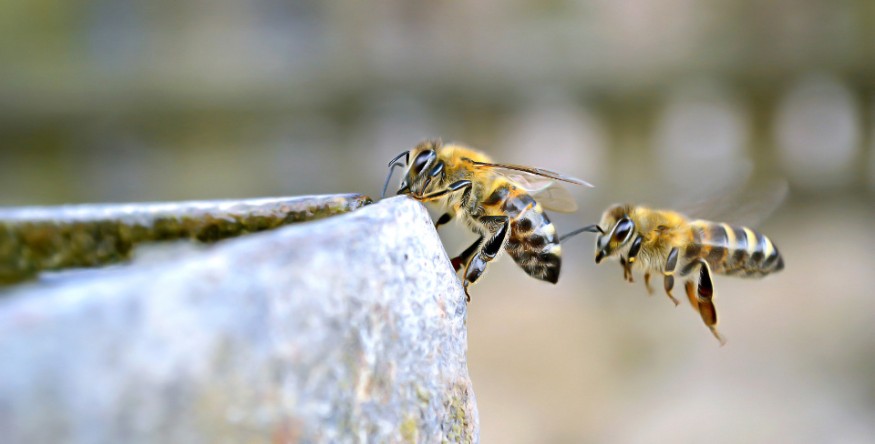
Unusual weather driven by climate change had affected honey production across Europe.
The National Union of French Beekeeping reported that the country was only able to produce fewer than 9,000 tones—almost a quarter of the honey harvested in the 1990s. Italy's main agricultural union Coldiretti, on the other hand, said that the country produced only half of their yields in 2018. Romania claimed that their production will drop below its yearly average of 25,000 tones. Spain, the country with the highest number of hives in Europe, claimed that their harvest has been poor since 2015.
According to the report, multiple countries in Europe had experienced chaotic weather events.
Italy, for instance, experienced a short winter. Beekeepers said that the spring is starting well, only to be followed by an extreme hailstorm which abruptly returned the temperature to significantly low. It killed the bees and also had affected their means of food production as flowers had died. It is also reported that colonies are killing male bees to decrease the number of mouths it needed to feed.
Riccardo Polide, a beekeeper from Italy, described the harvest as his "most difficult harvest" and the bees could only make "pitiful quantities" that are not even enough to sustain their daily needs. The lack of male bee could affect the population in the future.
Intense heatwave is also encountered, and in France, beeswax had melted which killed its resident colony. Moreover, the heatwave had also caused drought, resulting in fewer flowers or flowers that have no nectar. With that, beekeepers were forced to feed their bees with fructose-based syrup to stop the rapid population decline.
The estimated income drop for this year is 73 million euros.
Beekeepers are asking the government some help by declaring it as a natural disaster. By doing so, beekeepers can benefit from help, such as a moratorium on loan repayments.
Pesticides and infestations
But climate change is not only the factor of mass income loss.
In terms of life expectancy of the bees, intensive usage of pesticides is also to blame, as it poisons bees. The increased presence of carbon dioxide in the atmosphere had affected the nectar production.
The French Cyclops also reported that Varroa parasitic mite had become an epidemic in the past years. The said parasite feeds from the bee's body fats, affecting the host's performance and shortening its lifespan.
The uncontrolled spread of Asian hornet in Europe is also a factor. This species invades bee colonies to steal their home. One hornet alone can kill up to 50 bees.
But other than the production, tight competition is also to blame. The mass import of foreign honey, particularly those that came from China, has driven the prices, which adds to the struggle of the already struggling farmers. The Chinese blend is reported to be altered and is not pure honey, which explains the cheaper price. Currently, there is no European legislation that makes it mandatory to specify the origin of the honey.
© 2026 NatureWorldNews.com All rights reserved. Do not reproduce without permission.





